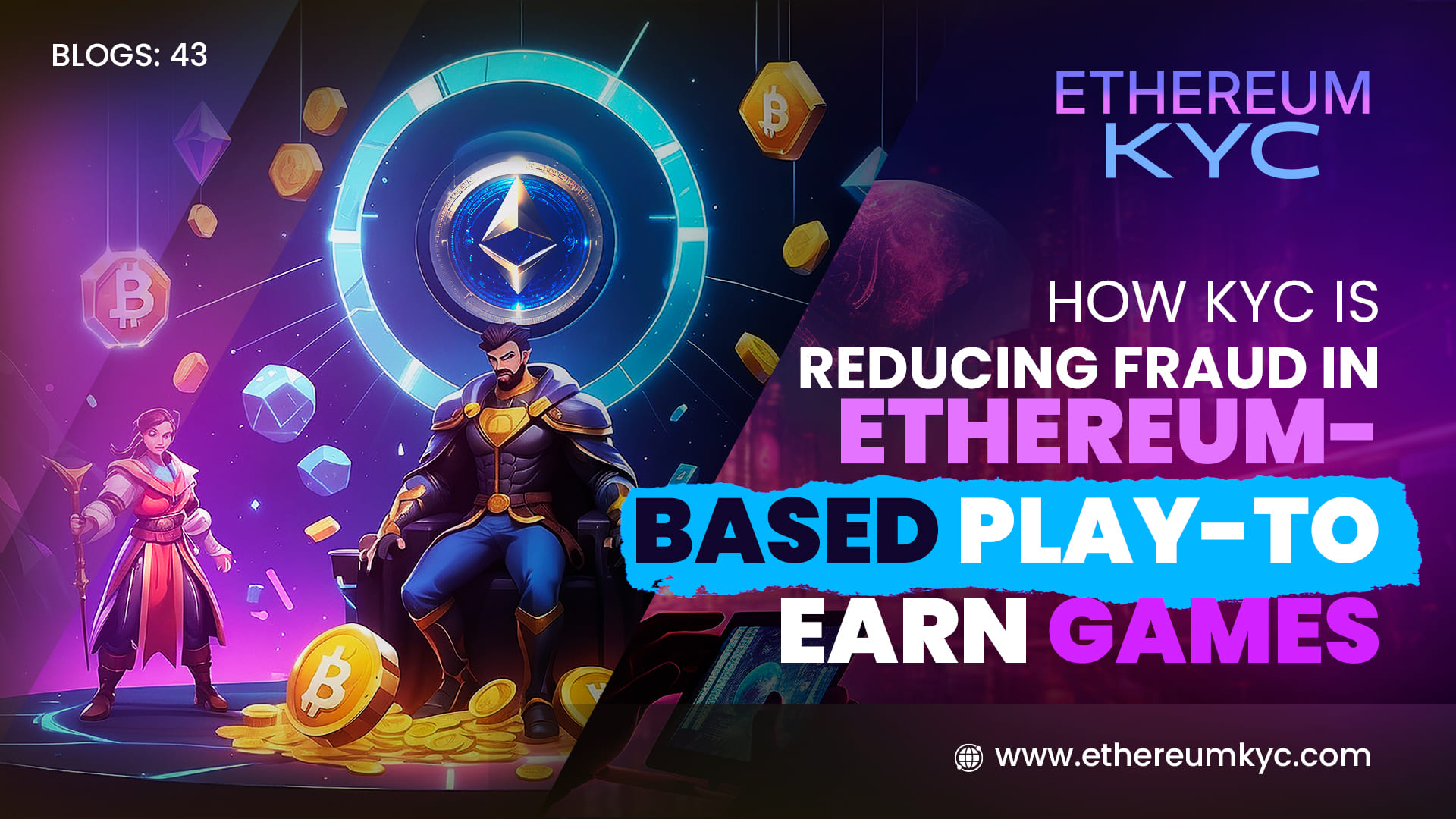February 26, 2025
The Role of KYC in Decentralized Lending Platforms on Ethereum
Decentralized lending platforms on Ethereum provide permissionless financial services, enabling users to borrow and lend crypto without traditional intermediaries. However, with growing regulatory scrutiny, Know Your Customer (KYC) procedures are becoming more relevant, balancing compliance with DeFi’s decentralized ethos.
Why KYC Matters in Ethereum-Based Lending
- Fraud Prevention – Identifying users helps prevent identity fraud and money laundering.
- Regulatory Compliance – As DeFi faces increasing oversight, KYC ensures alignment with AML (Anti-Money Laundering) regulations.
- Institutional Adoption – Institutional investors prefer platforms that comply with global financial regulations.
Challenges of Implementing KYC in DeFi
- Privacy Concerns – Users value anonymity, making KYC controversial in DeFi.
- Decentralization Conflict – Enforcing KYC contradicts the permissionless nature of blockchain.
- Technical Implementation – Integrating KYC without centralizing control is complex.
Solutions for KYC in Ethereum Lending
- Zero-Knowledge Proofs (ZKPs): Allow users to verify identity without revealing sensitive data.
- Decentralized Identity Solutions: Use blockchain-based DIDs (Decentralized Identifiers) for KYC compliance.
- Hybrid Models: Platforms like Aave Arc implement KYC for institutions while keeping retail DeFi open.
While KYC adds compliance to Ethereum lending platforms, innovative approaches ensure it does not compromise decentralization and privacy.






